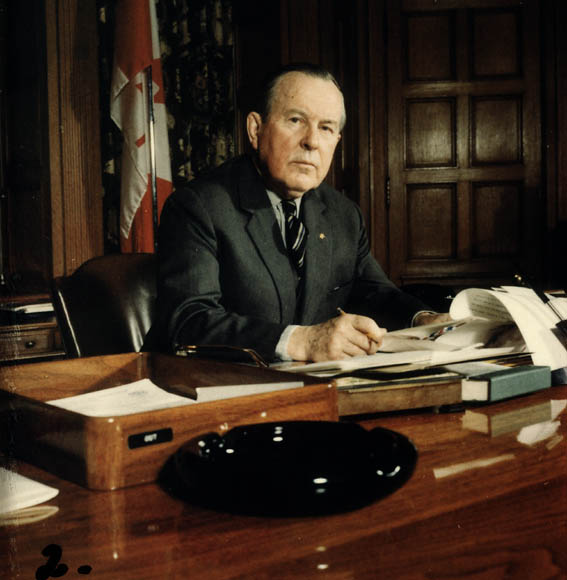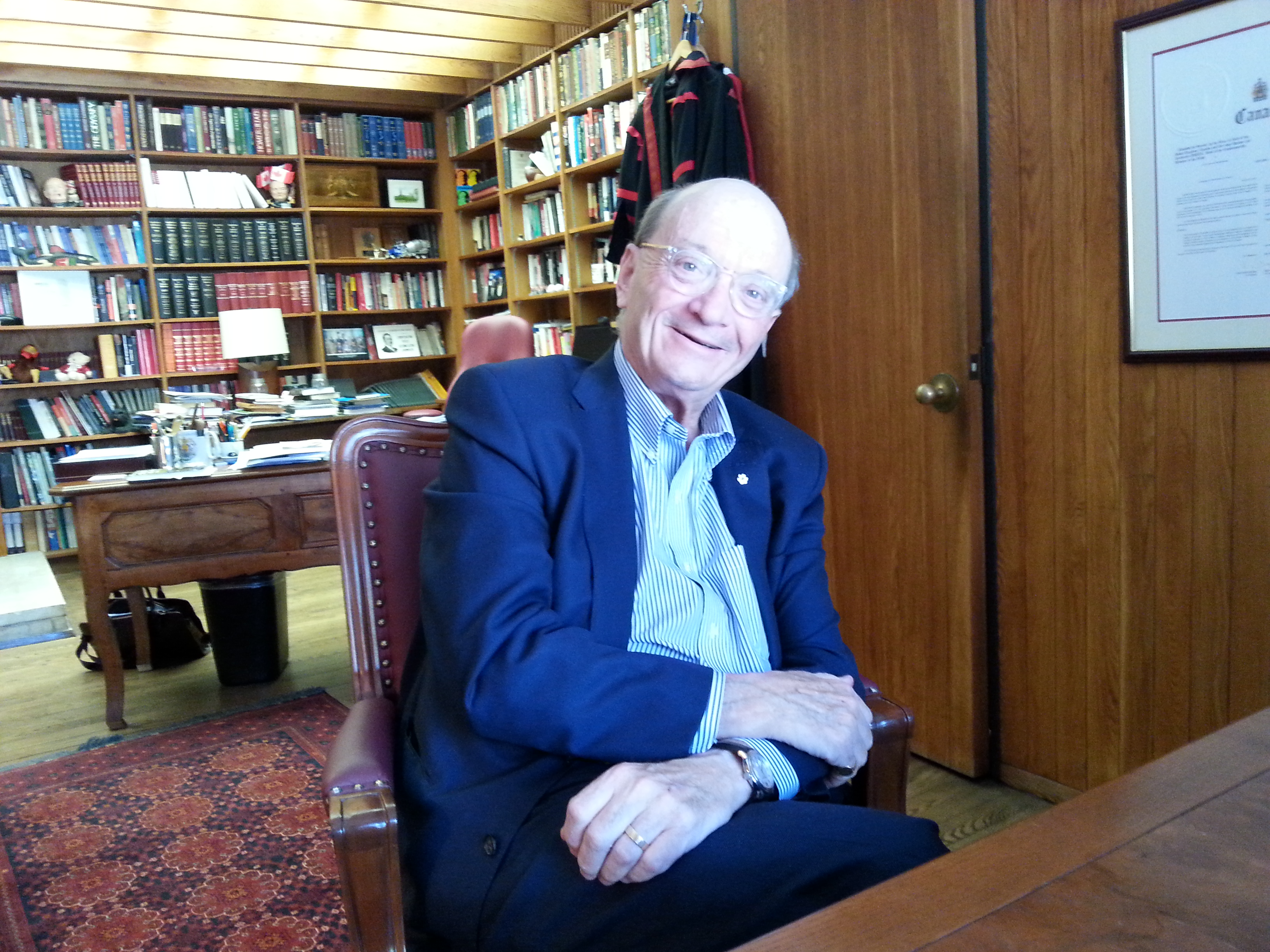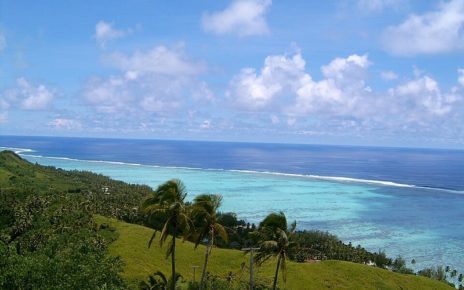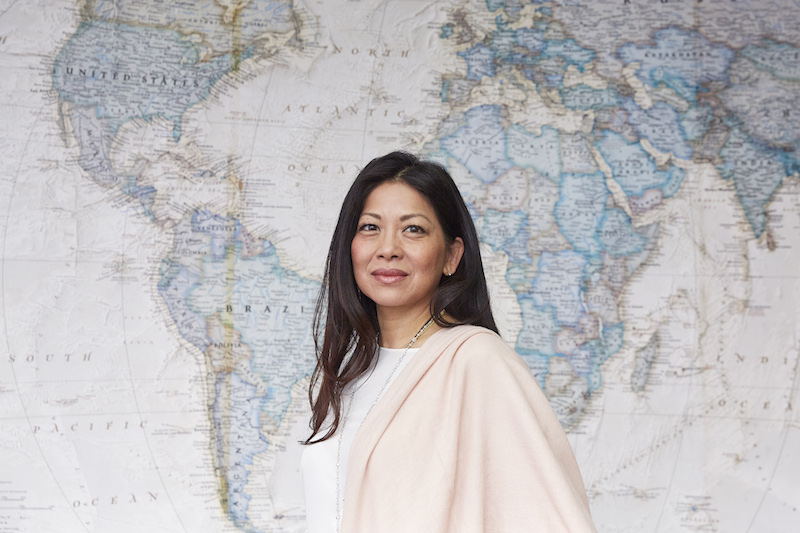In one of his first interviews Stéphane Dion, Canada’s new Minister of Global Affairs, formerly known as Foreign Affairs, said Canada will return to being an honest broker in the world. The new Minister did not elaborate upon his statement, simply stating that Canada will return to a “Pearsonian” foreign affairs policy. At the moment it is unclear how the new government plans to implement this honest broker policy. Questions remain, how Canada will even become an honest broker in the pressing issues the world faces, and whether Canada has any control over what role we play in the world. What is the definition of an ‘honest broker in the sphere of international relations?
There are many competing definitions of an honest broker. Traditionally being an honest broker in International Relations has simply meant “being an impartial mediator to help third parties resole their disputes.” Beyond the textbook definition, past Liberal foreign ministers have associated the honest broker position with balance or even-handedness in international affairs. Critics of the previous government would argue that Canada was knocked off of this path by former Prime Minister Stephen Harper and Foreign Minister John Baird.
In an interview with the Ottawa Citizen, John Baird outlined the previous government’s position. At one point in the interview he said, “Some may expect this honest broker line, as though Canada were put on this earth to be the world’s referee…we’re not going to be a referee between an international terrorist organization and a…liberal democracy.” The Harper government’s position was clear. They were not going to be playing the honest broker and would instead opt for clearly defined foreign policy objectives.
One of the most prominent examples of the Conservatives foreign policy approach was the crisis in Ukraine. Baird compared Russia’s invasion of Crimea to Hitler’s invasion of Sudetenland in 1938. The strong language did not only come from the former Foreign Affairs Minister. Stephen Harper also made international headlines when he told President Putin to “get out of Ukraine,” at a G20 meeting in Australia. Incidents similar to these demonstrate the former government’s belief that you need to be defined by your values. For John Baird and Stephen Harper, Canada needs to take principled stands on the world stage, and not pursue this idea of an honest broker.
The previous government’s position did not hamper Canada from being involved in some major negotiations. For example, Canada hosted a series of negotiations between the Obama administration and the Castro government. In addition, Canada was informally involved in the Iran negotiations in Vienna. Secretary of State John Kerry consulted John Baird during the final hours of Iran talks last fall. This has occurred despite Canada closing its embassy in Iran in 2012. It appears that the previous government was able to remain involved in some international negotiations, even while rejecting this notion of an honest broker.
It remains to be seen how Canada’s new Global Affairs Minister will carry out this honest broker role. When discussing the Mid-East peace process Stéphane Dion argues that “…for Canada to be helpful, we need to strengthen our links with countries that are around Israel and should be part of the solution and not become completely dysfunctional…” This would not be entirely different from the previous government. In the Middle East Canada has maintained a positive relationship with many of Israel’s neighbours. Canada was able to conclude a free trade agreement with Jordan, and has improved or maintained relations with Lebanon.
Stéphane Dion has yet to be asked about how the new government will approach Russian aggression in Eastern Europe. However, Prime Minister Trudeau did comment on this crisis during the election. During an election stop Justin Trudeau said Putin was being “unduly provocative” and a “bully”. He went on to say that he would raise these criticisms directly to Putin’s face because “we need to ensure that Canada continues to stand strongly for peace and justice in the world.” This does not seem to be that different from the previous government position.
The appointment of Stéphane Dion has been seen by some as a signal to the rest of the world that Canada will once again be an honest broker. It is especially apparent when one examines Dion’s environmental background. He is widely respected for chairing the United Nations Climate Change Summit in Montreal and is viewed as a good first step to repairing Canada’s international image. However, it is difficult to see how Canada will become an honest broker even in the environmental folder.
Canada’s new government will be unable to institute substantial change at the upcoming COP21 in Paris. The Liberal government has refused to set a carbon reduction target in advance of COP21, because they would like to consult with the provinces before putting in place a national plan. Therefore, the new environment minister will be using the Conservatives’ proposed 30 percent cut in greenhouse gas emissions below 2005 levels by 2030 as her starting point. The potential of Canada resuming its “natural” role as an honest broker in these negotiations seems unlikely, due to time constraints.
It will be difficult for Stéphane Dion to rectify this notion of Canada as an honest broker. Canada, as a country, is now engaged in an evolving or devolving world where the traditional foreign-policy nostrums no longer apply. The new government has said Canada will continue to be an ally to Israel and a vocal critic of Putin. The Conservative government maintained a delicate balancing act between competing goals and objectives. If the Liberals want to become an honest broker again they will have to continue this and then some.




